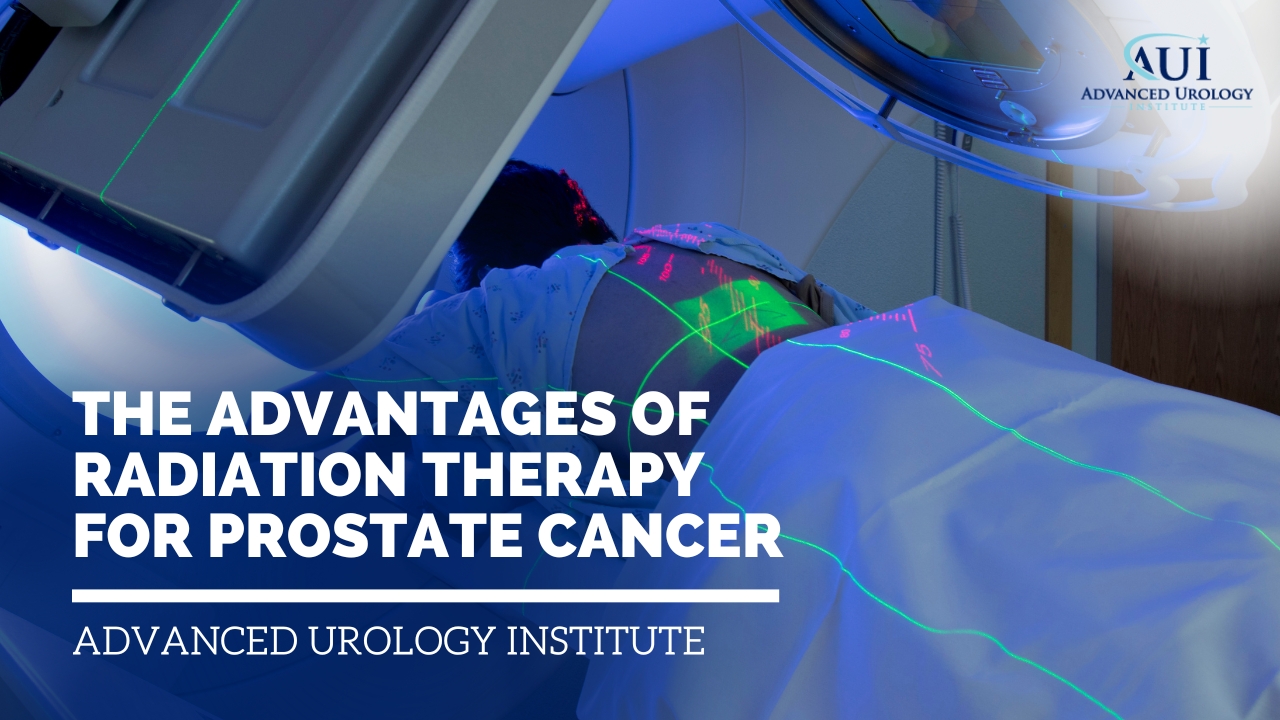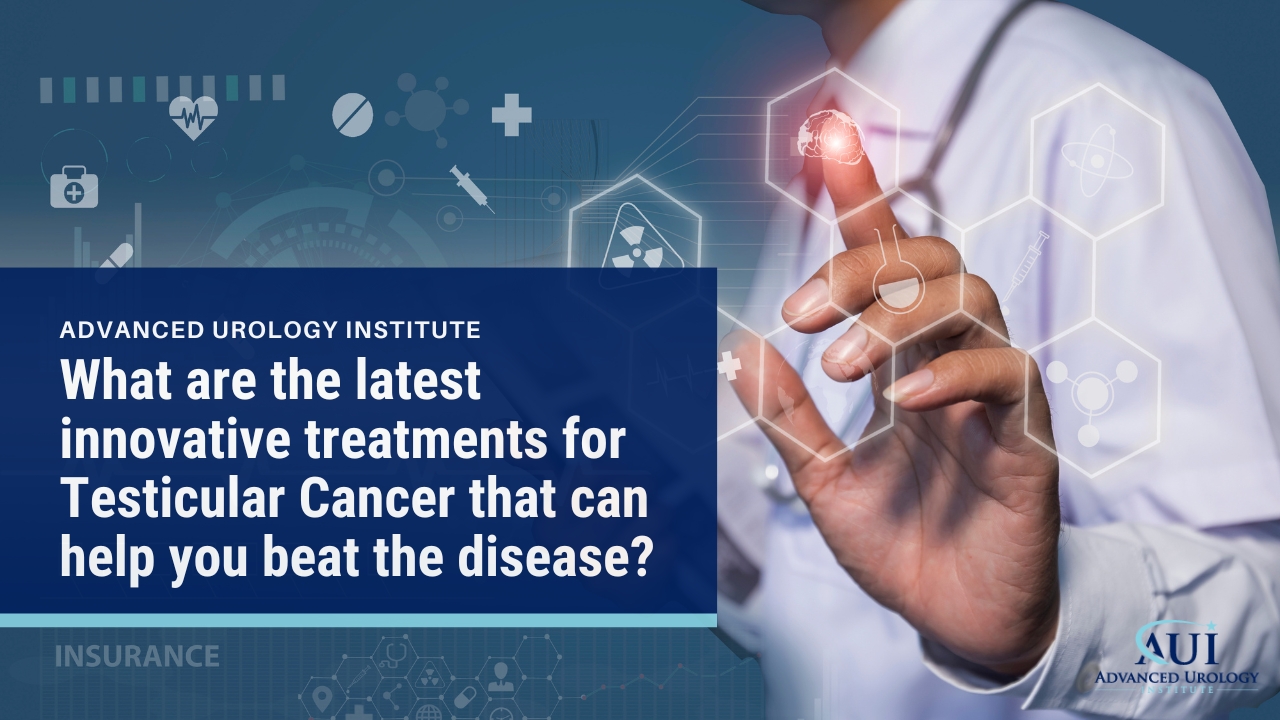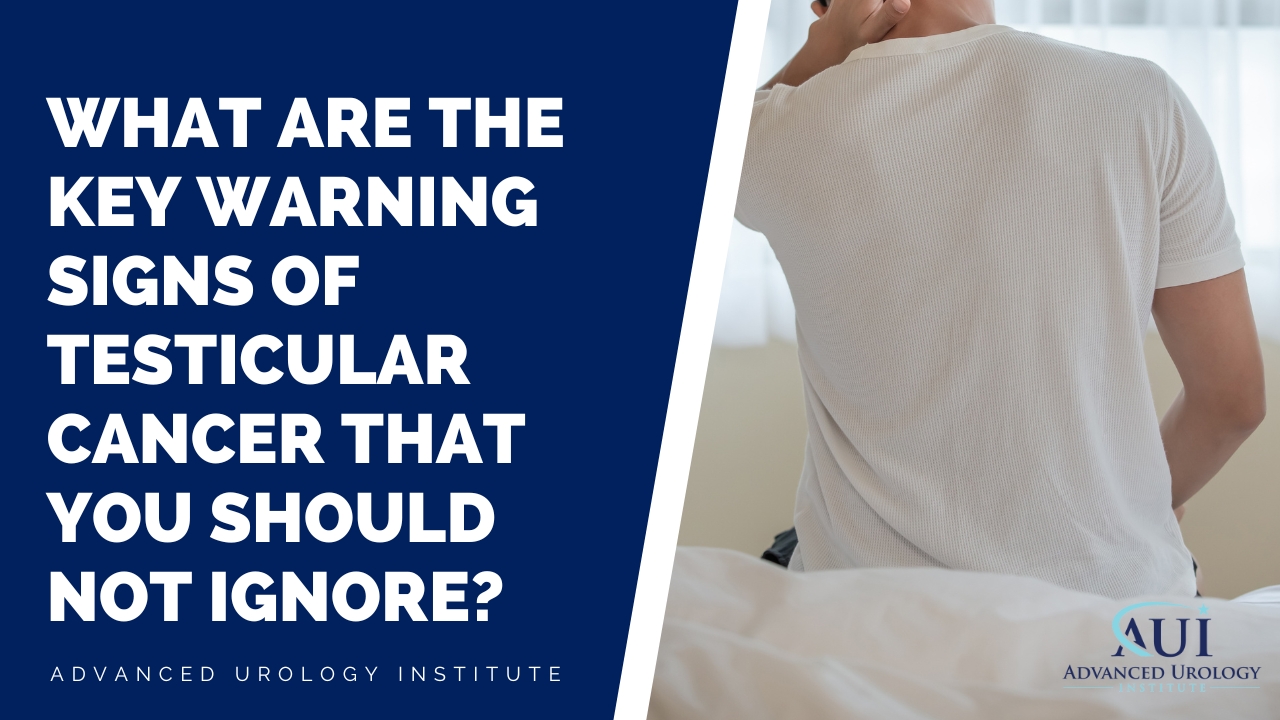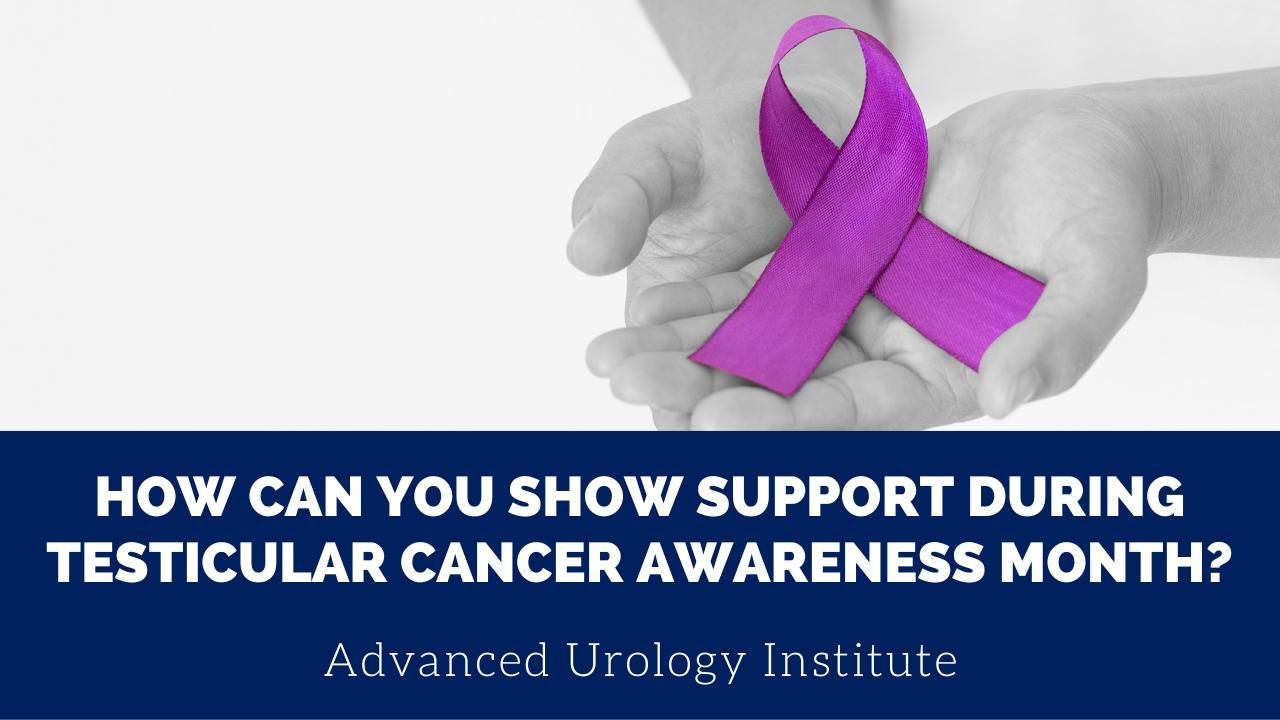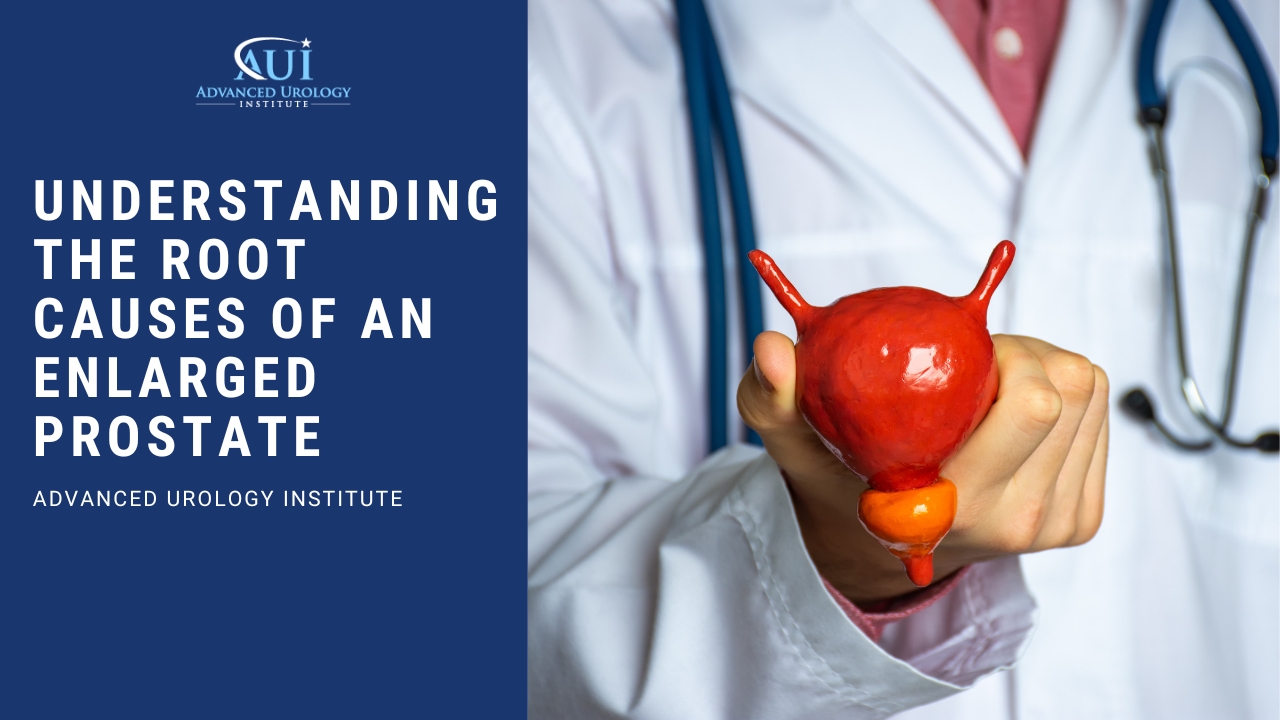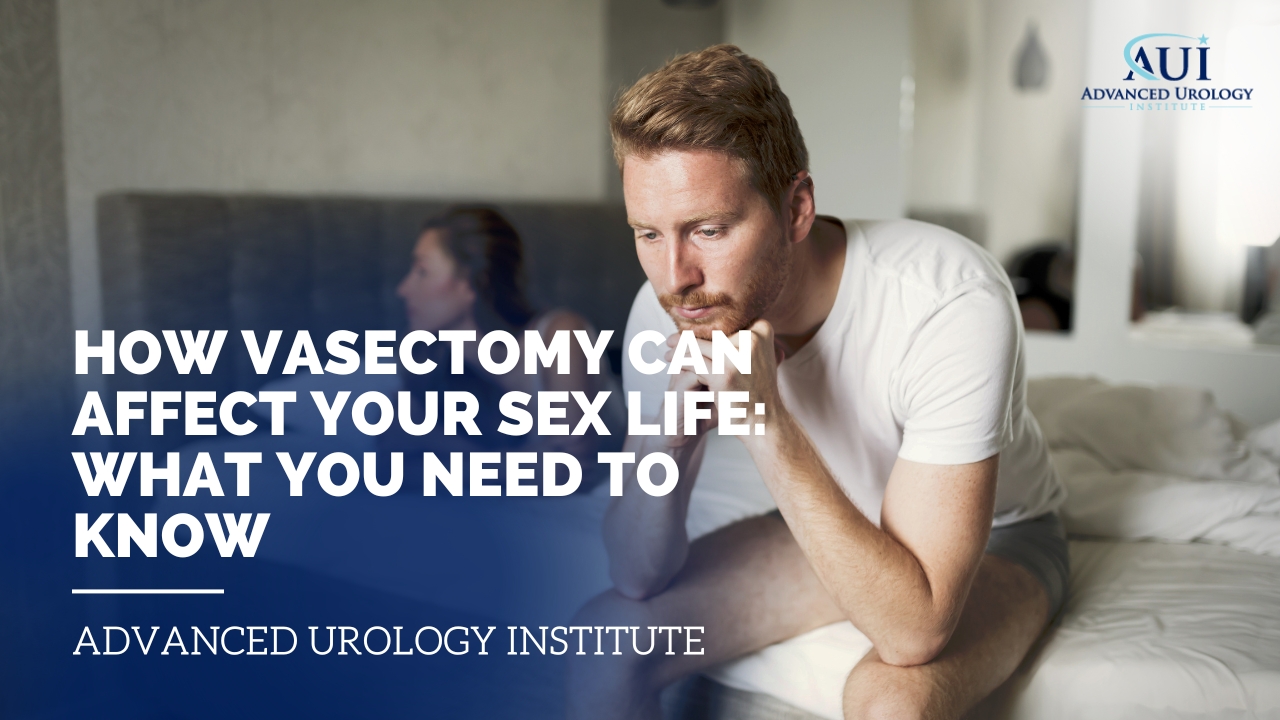Key Takeaways:
- Bladder cancer is a common form of cancer in the US and it’s important to be aware of the warning signs including blood in urine, painful urination, urgency and frequent need to urinate.
- If any of these symptoms are present it’s important to seek medical attention and get a diagnostic evaluation to confirm the diagnosis.
- There are several measures for prevention and reducing the risk of bladder cancer, such as quitting smoking, limiting exposure to toxins and drinking lots of fluids. Advanced Urology Institute is the largest urology practice in Florida and provides personalized and advanced care.
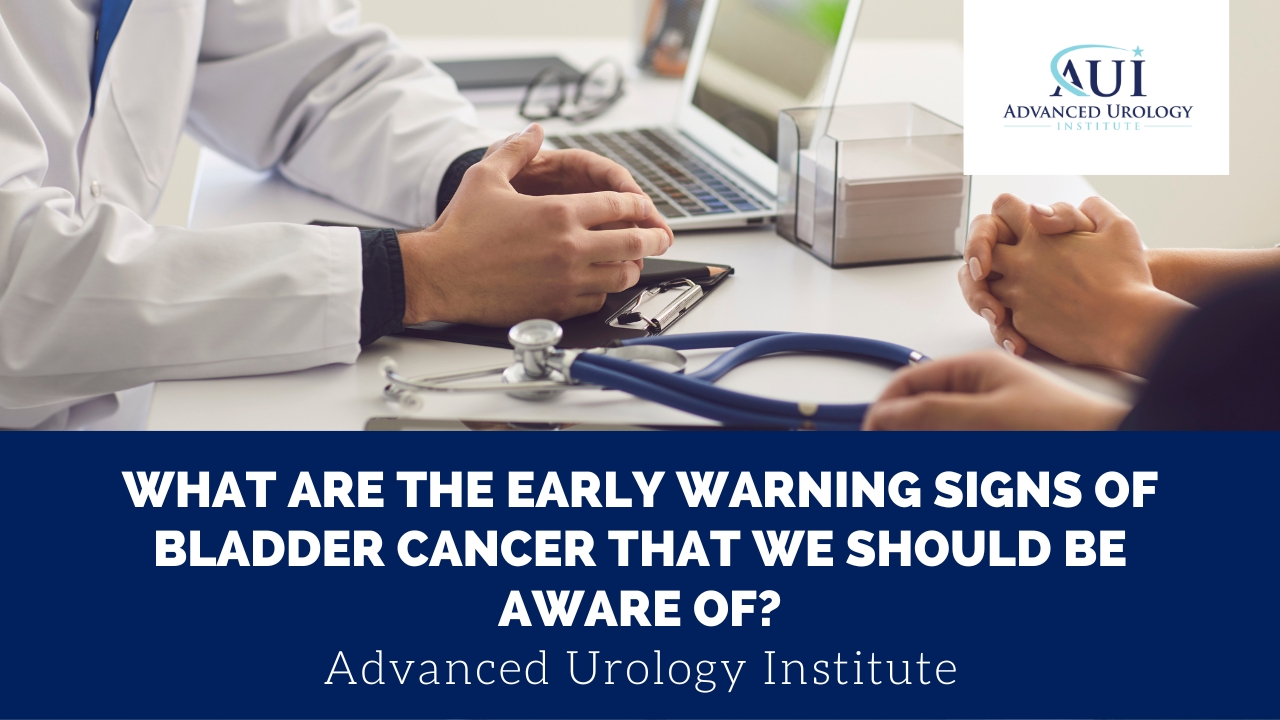 Bladder cancer is a form of cancer that starts in the bladder, which is an organ responsible for storing urine in the body. According to the National Cancer Institute, bladder cancer is the sixth most common form of cancer in the United States, with an estimated 79,030 new cases this year.
Bladder cancer is a form of cancer that starts in the bladder, which is an organ responsible for storing urine in the body. According to the National Cancer Institute, bladder cancer is the sixth most common form of cancer in the United States, with an estimated 79,030 new cases this year.
There are a variety of risk factors associated with bladder cancer, including a family history of bladder cancer, gender, age, and certain habits such as smoking. Men are more likely than women to develop bladder cancer, and are especially at a higher risk if they are over the age of 40.
Early detection of bladder cancer is key for successful treatment, but it’s important to first be aware of the warning signs. The most common symptom of bladder cancer is hematuria, or blood in the urine, but there are several other warning signs to look out for including painful urination, urinary urgency, and a frequent need to urinate.
If any of the aforementioned symptoms are present, it’s important to get a diagnostic evaluation from a doctor. The doctor may conduct a physical exam and evaluate the patient’s medical history. Imaging tests such as a CT or MRI scan may also be performed. If cancer is suspected, a tissue sample or biopsy may be collected to confirm the diagnosis.
If bladder cancer is confirmed, treatment may consist of surgery, chemotherapy, or radiation therapy. Surgery is often recommended to remove any cancerous tumors in the bladder, and chemotherapy or radiation therapy may be used in addition to the surgery if necessary.
Although there is no way to guarantee prevention of bladder cancer, there are steps people can take to reduce their risk. Quitting smoking is highly recommended, as is limiting exposure to toxins, and drinking plenty of fluids.
In summary, bladder cancer is a serious health condition that can be successfully treated if detected early. Early-warning signs of bladder cancer include blood in the urine, pain during urination, urinary urgency, and frequent need to urinate. If any of these symptoms are present, a doctor should be contacted for an evaluation. Treatment options may include surgery, chemotherapy, and radiation therapy after an official diagnosis is made. There are several measures people can take to reduce their risk of bladder cancer, including quitting smoking, limiting exposure to toxins, and drinking plenty of fluids.
If you ever experience any of the symptoms listed and suspect that you may have bladder cancer, it’s important to seek help from a medical professional. Advanced Urology Institute is the largest urology practice in Florida, providing advanced and personalized care to help people lead healthier lives.
REFERENCES:
- “Bladder cancer – Symptoms and causes – Mayo Clinic.” 19 Apr. 2022, https://www.mayoclinic.org/diseases-conditions/bladder-cancer/symptoms-causes/syc-20356104.
- “Can Bladder Cancer Be Found Early?.” 30 Jan. 2019, https://www.cancer.org/cancer/bladder-cancer/detection-diagnosis-staging/detection.html.
- “Bladder Cancer: Diagnosis – Cancer.Net.” https://www.cancer.net/cancer-types/bladder-cancer/diagnosis.




